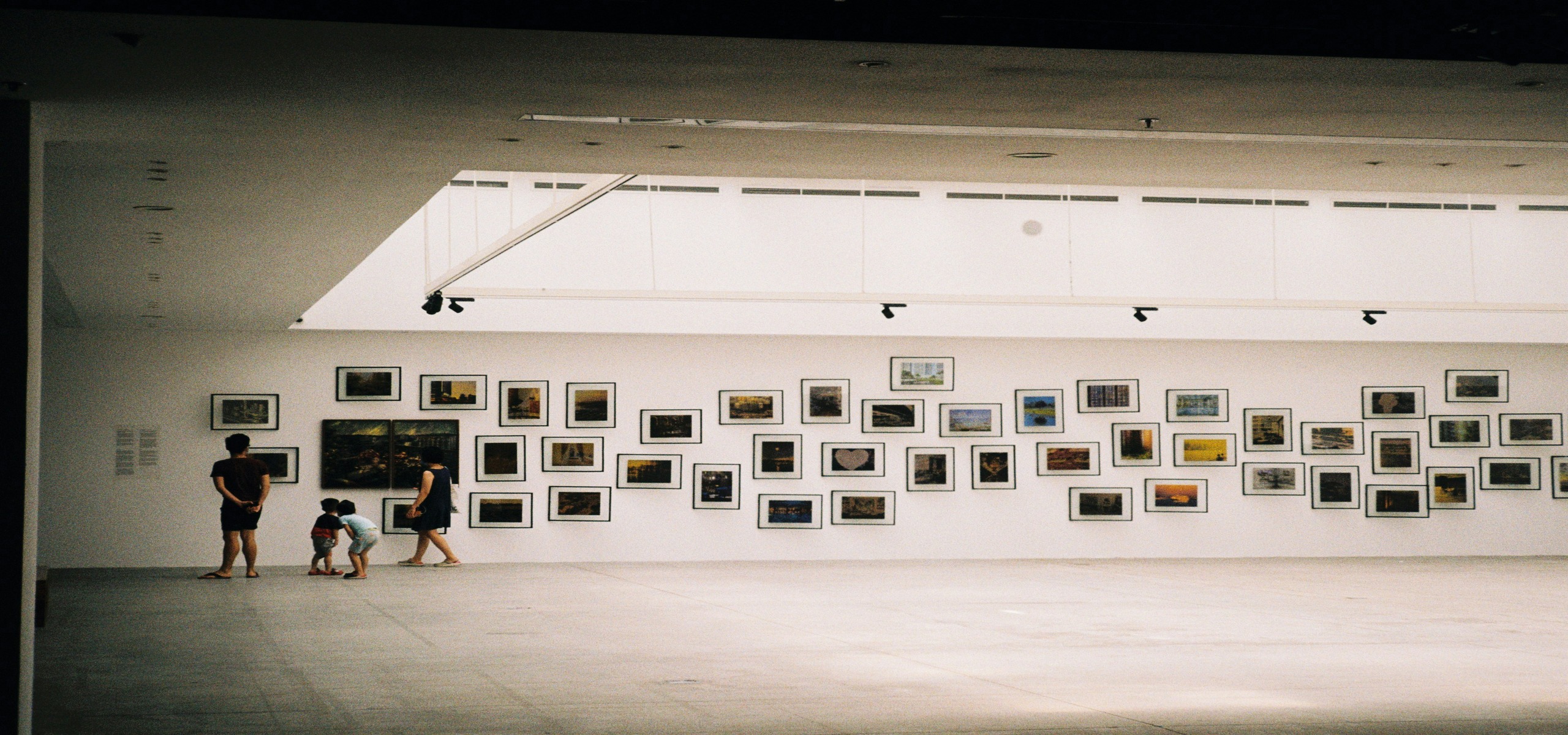A New Chapter for Britain’s Creative Industries

When Lisa Nandy MP, Secretary of State for Culture, Media and Sport, unveiled the June 2025 Creative Industries Sector Plan, she declared Britain was ‘back on the map’ as a world superpower in creativity. Here, the government’s pledge to double annual spending on the sector from £17 billion to £31 billion by 2035 is more than just an economic decision. It’s a statement about who we are as a country, planting the flag firmly for what we value as a nation.
For centuries, Britain has been a cultural instigator: a melting pot of ideas, invention, and imagination. From Shakespeare to The Beatles, we have always punched above our weight in telling stories that move the world. Creativity is and always has been a core part of our national pride, identity, and influence. This plan recognises that heritage and signals our ambition to remain a world-class leader.
Creativity is far from a luxury, it is a core part of what makes us human. Indeed, throughout human history, people have made art. From cave paintings to ancient songs and rituals, creativity has always been at the heart of our humanity. Psychologists and anthropologists argue this isn’t accidental – humans are inherently creative. Art strengthens survival: it bonds groups together, provides a means to pass down knowledge, and gives people a sense of meaning, elevation beyond day-to-day survival.
Modern psychology echoes this truth. Maslow’s hierarchy of needs places creativity at the top, alongside self-actualisation – the fullest expression of human potential once our basic needs are met. Further, Mihaly Csikszentmihalyi’s research on ‘flow’ shows how creative activity brings deep engagement and joy, improving wellbeing and resilience. And narrative psychology highlights how storytelling is central to human identity: it’s through stories that we understand our past and imagine our future. As Zara Mahmood so eloquently described, ‘this voyage of crafting, sharing, and receiving stories is the loom upon which we weave the meaning of our world and our fragile, resilient place within it’.
Further, creativity is proven to improve mental health, strengthen communities, and help people recover from trauma. That’s why art, music, and drama therapy are used worldwide to reduce anxiety and depression. It is also why austerity-era cuts to the arts hit so hard – stripping away local institutions and depriving young people of the opportunity to creatively express themselves.
In other words, creativity isn’t “extra.” It is how humans flourish. And in times where people are struggling, creativity is not something to cut – it is something to turn to – to find expression, identity and joy. When former Prime Minister Rishi Sunak suggested that musicians should “retrain” because there was no industry for them, he revealed a dangerous misconception: that creativity is nonessential. In truth, without it, we are diminished not only culturally but psychologically.
What’s more, far from being expendable, the creative industries are among the fastest-growing sectors in the global economy. They boost productivity, generate jobs across the country, and drive innovation. For too long, this sector was dismissed as unquantifiable, its impact hard to measure. But technology and data are changing that story.
We are entering a new era where content, design, and creative services are among the fastest-growing forms of consumption. Accessible data and tech-driven insights are now evidencing the sector’s direct impact on GDP, employment, and productivity. The message is clear: investing in creativity is not indulgent, it is economically smart.
This is also a sector being transformed by technology. Robotics, XR, 3D printing, and AI are already reshaping how we create and consume culture. AI in particular is helping evidence the value of creative work through data analysis, while opening new frontiers in storytelling and design.
There are uncertainties, of course, about what AI means for creators. But right now, we can thank technology for injecting fresh energy into the industry, making it easier to show why investment matters, and expanding the horizons of what is possible. The challenge is to harness these tools in ways that empower rather than replace human creativity.
This new sector plan should be welcomed as more than a growth strategy. It is an affirmation of our national identity, our cultural sophistication, and our psychological health. To be a truly world-class country means not only producing wealth but producing meaning. Because nations, like individuals, are sustained by the stories they tell about themselves. By committing to creativity, we are not only investing in our economy, but in our national story, our collective strength.

